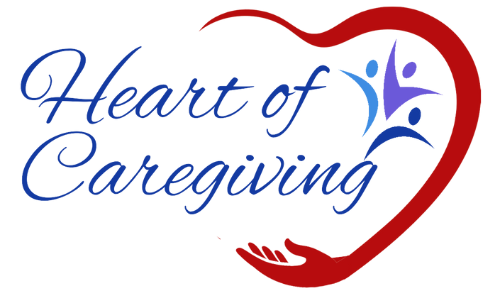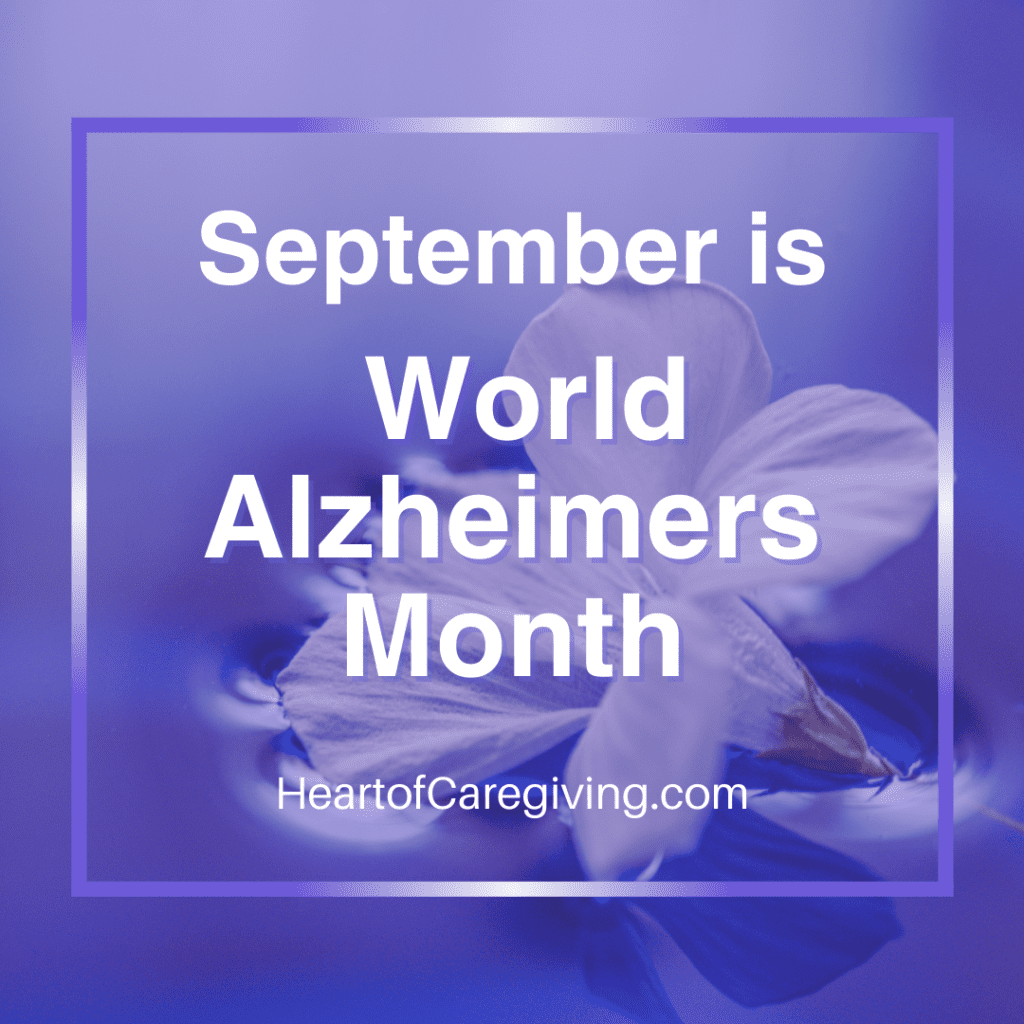Prioritizing Caregiver Self-Care During World Alzheimer’s Month
September is an important time for caregivers, as it marks both World Alzheimer’s Month and National Self-Care Awareness Month. It’s a reminder that while you care for a loved one with Alzheimer’s, it’s equally important to care for yourself. Caregiving can be all-consuming, but focusing on your well-being not only benefits you, it also makes you a stronger, more resilient caregiver.
This year’s theme, “Time to act on dementia, Time to act on Alzheimer’s,” encourages not only raising awareness but also taking action to address the stigma and discrimination often associated with the disease. Many caregivers face not only the emotional and physical toll of caregiving but also societal misconceptions and judgment, which can lead to isolation. It’s time to shift these attitudes and recognize the critical role caregivers play. By embracing self-care and advocating for yourself, you’re setting an example that caregiving doesn’t have to mean sacrificing your own well-being.
Taking action on dementia means acknowledging that caregiving is a partnership, not a one-sided responsibility. Seeking support, taking time to recharge, and promoting healthy dialogue about Alzheimer’s are all powerful ways to fight stigma. When caregivers practice self-care and speak openly about their challenges, it fosters a broader understanding of dementia, reducing the misconceptions that often lead to feelings of shame or guilt. As caregivers, it’s vital to be part of this movement—by caring for yourself, you are also contributing to a future where caregiving is respected, supported, and understood.
Why Self-Care Matters for Caregivers
Caring for someone with Alzheimer’s is physically, emotionally, and mentally demanding. You may feel like you’re always on alert, ready to respond to their needs at any moment. The stress of this responsibility can lead to burnout, exhaustion, and even illness. While it’s natural to want to give everything to your loved one, neglecting your own needs is unsustainable.
Self-care is not selfish. It’s about ensuring you have the energy and emotional resilience to continue caregiving without losing yourself in the process. When you practice self-care, you’re also modeling healthy habits for your loved one, and you may even inspire other caregivers to do the same.
Simple Self-Care Tips for Caregivers
Take Breaks Without Guilt
Allow yourself moments of rest without feeling guilty. Use respite care services, family, or friends to provide temporary care for your loved one. Use this time to recharge—whether that’s taking a walk, reading, or simply sitting in silence.
Set Boundaries
It’s easy to feel like you need to be available 24/7, but setting boundaries is key. Establish clear times when you can step away, even if just for a short break. You can set aside moments in the day for activities that bring you peace, such as journaling, meditation, or a quick coffee break.
Stay Connected
Caregiving can often feel isolating, especially when the disease progresses and social interactions diminish. Make it a priority to stay connected with your friends and family. A phone call or a quick visit can help you feel supported and remind you that you are not alone in this journey.
Ask for Help
You don’t have to do this alone. It’s okay to ask for help, whether from family, friends, or professionals. Accepting help doesn’t mean you’re failing as a caregiver—it means you’re recognizing the importance of sustaining your energy for the long run.
Mind Your Physical Health
Your physical well-being directly impacts your emotional and mental health. Make time for exercise, even if it’s just stretching or a brief walk each day. Regular movement can reduce stress, improve your mood, and help you sleep better. Speaking of sleep, prioritize getting enough rest—sleep is crucial for maintaining mental clarity and emotional balance.
Practice Mindfulness
Alzheimer’s can bring many unpredictable moments, but grounding yourself in mindfulness can help you stay calm. Whether through deep breathing exercises, meditation, or simply paying attention to the present moment, mindfulness can be a powerful tool for managing stress.
A Month of Awareness, A Lifetime of Care
As we acknowledge World Alzheimer’s Month and National Self-Care Awareness Month, let this be your reminder that caregiving is not a solitary journey. By embracing self-care, you are taking vital steps toward sustaining your own well-being and enhancing the care you provide to your loved one. A well-cared-for caregiver is the foundation of compassionate, sustainable caregiving.
Look for the World Alzheimer Report that will be available on September 24, 2024. This report will take a deep dive into the current perceptions of dementia by those living with the condition, caregivers, health care practitioners and the general public.
For solutions for caregivers’ common mistakes, check out 21 Mistakes Caregivers Make & How to Avoid Them: Solutions and Strategies to Reduce Stress and Increase Happiness, available on Amazon! Are you looking for a dynamic speaker on caregiver empowerment? Go to my speaking page, and let’s connect!
The advice offered is for general information only; please consult your healthcare team, legal, or financial advisors for guidance.


